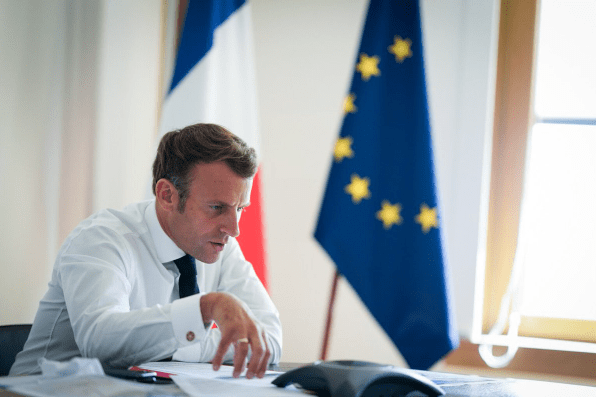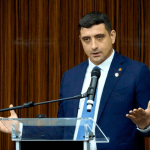Emmanuel Macron’s fresh pitch to lure top-tier American scientists to France has sparked backlash at home. French researchers say: look after your own first.
Earlier this month, President Macron unveiled “Choose France for Science” — an initiative offering significant financial support to researchers in areas such as artificial intelligence, health and climate science.
The move targets experts in the United States disillusioned with funding cuts and academic pressure under previous U.S. leadership.
The programme promotes France as a haven for academic freedom, subtly jabbing at former President Donald Trump’s hostile stance toward higher education. The official launch statement reads: “Academic freedom in France is central to our values.” But not everyone is buying into the grand gesture.
French academics responded swiftly and critically. Many feel neglected, battling with poor salaries, under-resourced labs and cumbersome bureaucracy.
Gérard Araud, France’s former ambassador to Washington, posted on X (formerly Twitter): “I continually met French researchers who would have preferred to return to their home country but were stymied by the conditions offered there in terms of remuneration and laboratory facilities.”
Boris Gralak, secretary-general of France’s largest scientific union SNCS-FSU, echoed the sentiment.
“If I have to get my computer fixed, I don’t have a technician to help me. If I need to fill in a financial spreadsheet, it’ll take a week to get someone to assist with accounting.”
Gralak insists the French system must align its living and working standards with American counterparts to remain competitive, for both domestic and international talent. While comparing wages is complex due to differing welfare systems, the disparity is stark:
| Country | Average Research Salary | Remarks |
|---|---|---|
| United States | $81,530 – $95,880 | Higher in tech-intensive fields |
| France | Approx. €60,000 | Slightly higher for teaching staff |
The 2022 report from France’s higher education ministry highlights how domestic researchers still earn significantly less than their U.S. peers.
The Macron government insists the lure of academic liberty outweighs financial differences. Yet the budget reality bites. France is eyeing €40 billion in tax increases and spending cuts to trim its deficit to 4.6% of GDP data next year.
That leaves little room for grand scientific relocations. Still, some interest has emerged. Aix-Marseille University, the first to roll out a Safe Place for Science programme, received over 300 applications for just 20 grant spots.
President Eric Berton said: “The candidate’s primary motivation is to work at a university where their academic freedom is respected and their research is valued. It’s not a question of wages.”
Yet, behind the scenes, cost looms large. Minister for Higher Education Philippe Baptiste revealed that relocating a senior research team can cost up to €1 million over three years.
France isn’t going it alone. The European Union is stepping in. The European Research Council now offers up to €4.5 million to U.S.-based researchers willing to move — a €2 million premium atop standard grants.
But the approach raises concerns of inequality. Gralak warns of a possible two-speed system that favours foreigners unless parity is ensured. “We demand that scientists who are in danger in their research or whose research is being obstructed be welcomed,” he said. “But they must receive equal wages for equal work.”
Macron’s vision of France as a sanctuary for science has global appeal. But the message is clear from within: bolster the foundation before building the façade.
If France wants to be a true hub for scientific innovation, its own researchers need to feel supported, not sidelined.






